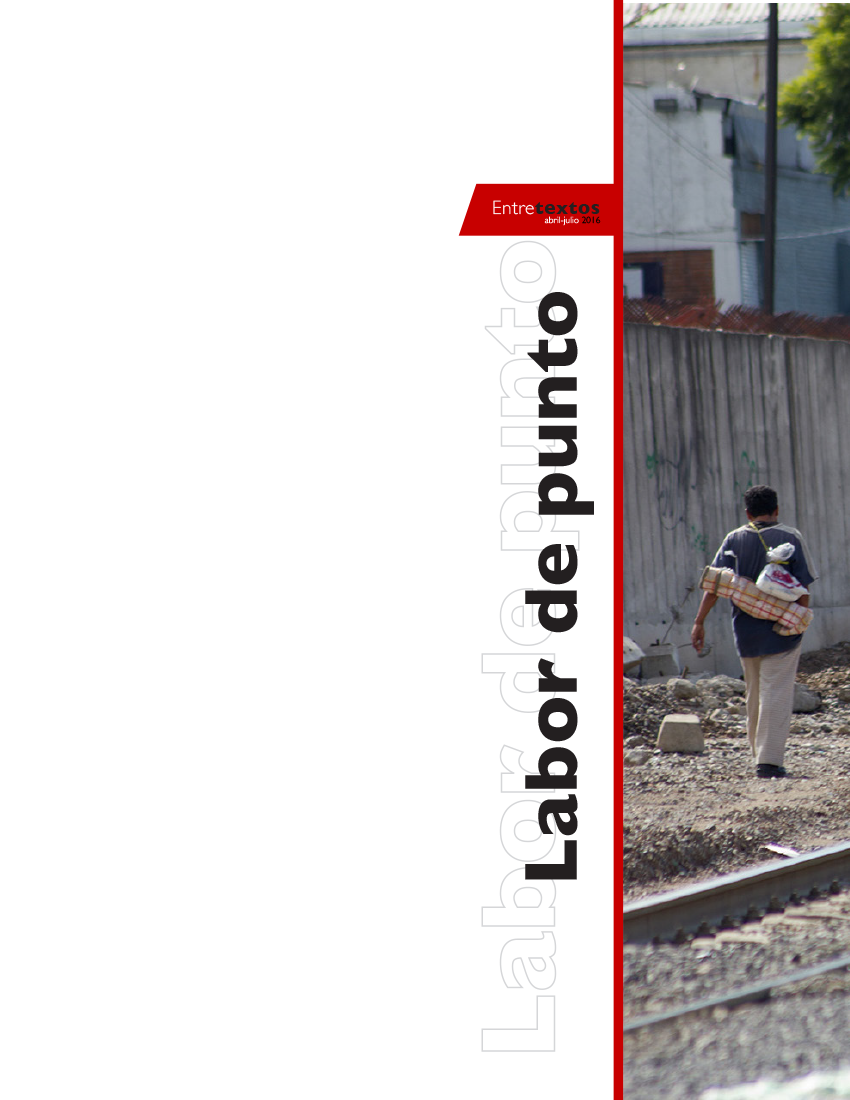The compulsory higher secondary education in Mexico from the perspective of the right to education
Educational policy fallacies and new inequalities
DOI:
https://doi.org/10.59057/iberoleon.20075316.201622390Keywords:
compulsory education, middle education, the right to education, educational policy, educational inequalitiesAbstract
The establishment of compulsory upper secondary education in Mexico is not part of the agenda of human rights, in particular, not based on the progressivity of the right to education. In fact, it is inappropriate as a strategy of enlargement coverage of middle education against the size of existing backwardness and the depth of the inequalities of the population in relation to the opportunity to access and remain at that level of education. Therefore, the policies promoted by the federal government to meet young people from popular sectors, especially rural and marginal urban result in the production of greater inequalities, establishing new circuits of schooling that segment and further fragment school careers. Thus, the compulsory education is a fallacy of educational policy in the perspective of the right to education.
Downloads

Downloads
Published
How to Cite
Issue
Section
License
Copyright (c) 2016 Entretextos

This work is licensed under a Creative Commons Attribution-NonCommercial 4.0 International License.




